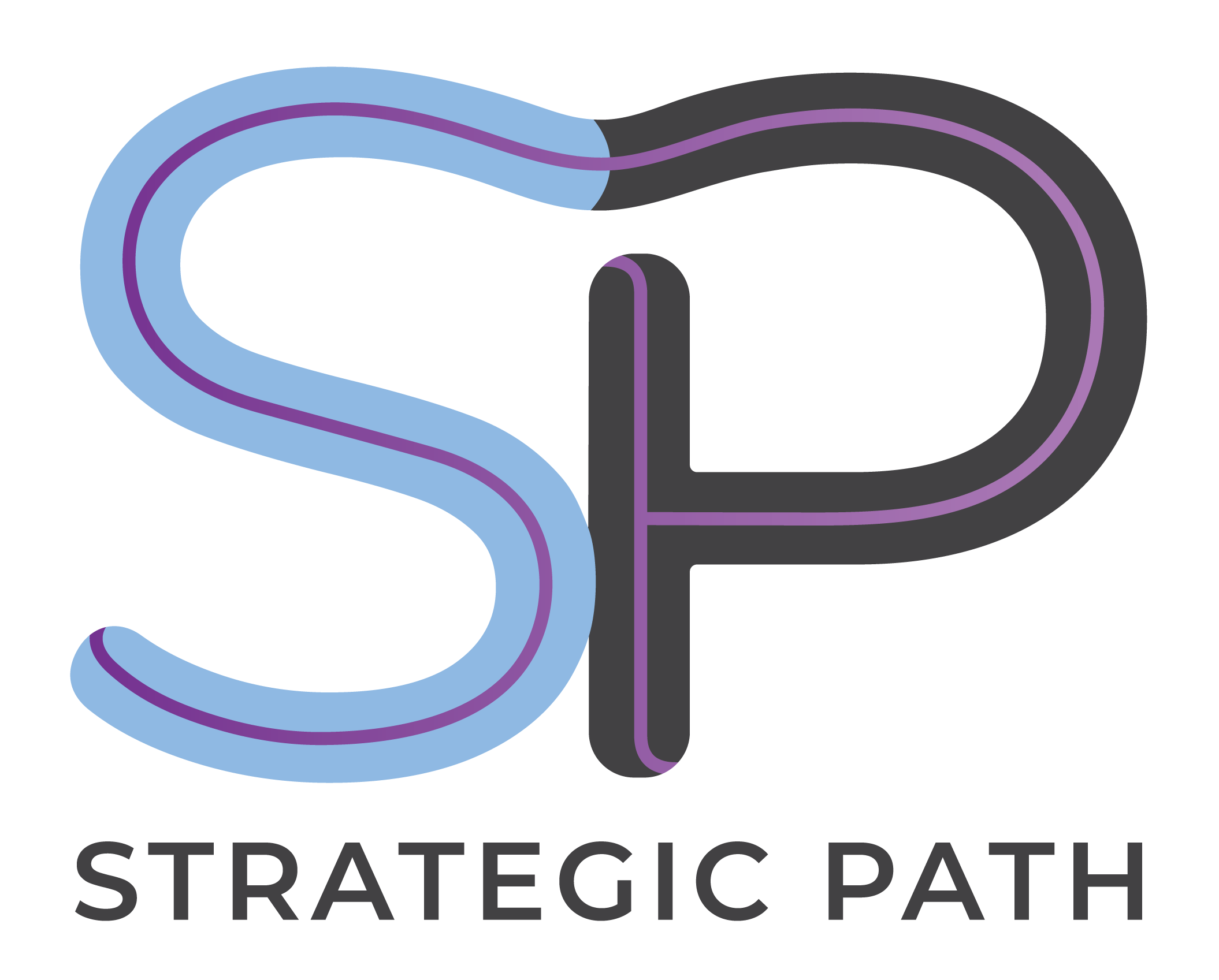Retirement FAQs
Have questions? We’re here to help.
How much money should I have saved for emergencies?
If you do a Google search for this question, you will get around 472,000,000 results. Many of the results have calculators or talk about keeping 3-6 months as a good rule of thumb. We think the amount depends on a couple of factors. If your pay varies due to bonuses, commissions, or other circumstances, you will probably want to keep a higher amount for emergencies. If you are a teacher with tenure, you may be able to keep less available for emergencies. Personal circumstances should also be factored in such as health issues, kids, or upcoming expenses. Working with us can help you to find the appropriate amount to keep available for your unique situation.

Do I need a financial plan?
Finances are more complicated than ever. Navigating them requires work. If you are comfortable doing your own research that’s fine, but it can be difficult to sort through the overwhelming amount of information available and it will not be specifically tailored to you. A plan is about more than how to allocate your investments. A good financial plan can help you to better understand your cash flow, and decide which of your investment and savings accounts are appropriate to use in which situation. One of the great things about having a plan is you get to make informed decisions instead of just winging it.

Should I work after I apply for social security?
The answer depends on how much you make and how old you are. If you are not at full retirement age (FRA) then there is a limit on how much you can make before there is a reduction in your Social Security. If you are full retirement age or older, you can make as much as you want without a negative impact on your benefit. Depending on your income, you might pay taxes on part of your Social Security, or it may be entirely tax-free. Sometimes working a couple of years after FRA and collecting Social Security can help to catch up for a lack of savings earlier in life.

Should I pay off my home?
If you have the money in a savings account or just received a cash inheritance and want to free up your monthly cash flow, it might make sense to pay off your home. If you are pulling the money from an IRA, the tax consequences might make it the wrong choice. Like many financial decisions, an understanding of your unique circumstances is necessary to properly answer this question. This is a question we get all the time and are very familiar with helping our clients answer.

Can I retire before 65?
One of the reasons people wait to retire until 65 is because that is when you can file for Medicare. Love it or hate it, the Affordable Care Act (ACA) made an impact on the healthcare options available to people retiring before 65. When you apply for health insurance through the ACA or Pennie in Pennsylvania, the exchange asks for your income. They do this to calculate if you are eligible for subsidies to help decrease the cost of your payments. If you structure your retirement income properly, you may be eligible for a decreased cost of your healthcare.

How can I eliminate taxes for my beneficiaries?
While it may be possible to eliminate many of the taxes your beneficiaries will pay, it may not be practical to eliminate them all. Sometimes the consequences of avoiding taxes may outweigh the benefits. Putting assets in a trust may avoid Pennsylvania inheritance taxes but may have restrictions that make it difficult to access. There are also circumstances where it makes more sense for your beneficiaries to pay the taxes. If you have beneficiaries that are in a lower income tax bracket, it may make more sense for them to pay tax on retirement distributions than it would for you to convert it all to Roth and pay tax on the converted amount, for example.

Does everyone need a will?
While it is possible for an estate to go where you want it without a will, we wouldn’t chance it. In Pennsylvania, if you die without a will and don’t have descendants, your spouse gets the first $30,000 and splits the remaining money with your parents. If you have descendants, your spouse splits the first $30,000 and then splits the remaining assets with your descendants. The bottom line is that what you hope happens if you die without a will may not be what actually happens.

Do you work with business owners on their personal finances?
We look at both your personal and business financial situations. As a business owner, it may become difficult to unravel where the business ends and your personal finances begin. We review the business cash flow, as well as your personal cash flow needs and goals, and integrate them into one overarching plan that takes both into consideration. We create an order of operations for your excess cash flow that takes your unique goals and aspirations under consideration.

How can I separate my business income/debt from my personal assets/debt?
Very carefully. Separating your personal financial needs from that of the business can help us to understand how much cash flow you will need in retirement. Once we have figured that out, we can work towards a savings goal that is designed to create the necessary income in retirement. We often find by separating business and personal finances, it becomes easier for clients to evaluate progress toward retirement goals.
This information is for educational purposes only and is not intended as individualized advice. Laws and regulations may change, and strategies may not be appropriate for all situations. Please consult a qualified professional regarding your specific circumstances. Investing involves risk, including the potential loss of principal, and there is no guarantee that any strategy will be successful.
